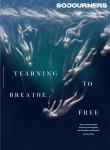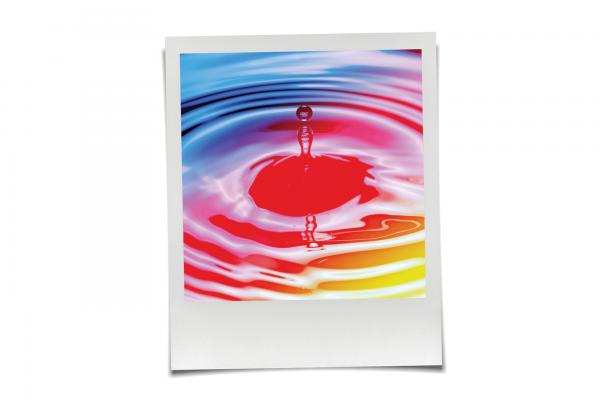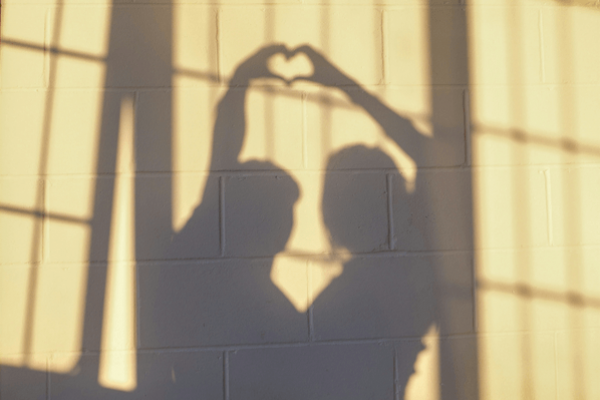LAST SUMMER, I started composting. What began as an economical exercise focused on reduction became, over time, a relationship based on generosity and gift. When COVID-19 interrupted my weekly routine of dropping off food scraps, I realized with a jolt that composting felt less like an act of frugality and more like bringing tribute. Unexpectedly, through composting, I had entered into relationship with the earth—and this was a recovery of something long forgotten. As Robin Wall Kimmerer urges us to remember in Braiding Sweetgrass: Indigenous Wisdom, Scientific Knowledge, and the Teachings of Plants, we exist in reciprocity with the more-than-human world.
This remembrance parallels a tactile memory I experienced last winter while running my hands through a bowl of dried black-eyed peas. The feel of the beans, almost like coins, merged with images of large, elementary numerals in my head and movement, like an abacus, from one side to another—a flash so quick and wordless I could not be sure. When it happened again a few months later, I remembered: This is how I learned to count. My grandmother—a foundational figure alive for my first 18 years—taught me to count with beans.
Memory is a strange and powerful thing. Most days, I can barely remember what happened two weeks ago. However, these memories—one gradual, the other immediate—recalled to me primordial truths of my being and belonging in the world as a creature made from soil and a grandmother’s love. They were similar to a recent encounter I had with my favorite preschool teacher after almost 25 years. As an adult standing in the presence of this woman who was a best friend to 5-year-old me for half of my young life, I felt utterly known and buffeted by love.
Memory brought me back into relationship with people, places, and selves long gone from my life.
This function of memory resonates as I consider the road ahead. The specter of loss looms in apocalypse as a constituent feature of our inner and outer worlds. Appropriately, much of our COVID conversation centers on recuperation: How to save, recover, restore. As a follower of Jesus (Yeshua, “God saves”), I know that saving is also necessary of us, not just by us. As someone profoundly shaped by memory, I believe there are losses from which we need to be recovered. Memory can grab hold of us and move us, help us mourn, celebrate, be, become. Connections long forgotten or untended can shape us and remake our life.
Tracy K. Smith once described her poem “An Old Story” as a creation myth for our time. In truth, it reads more like de-creation. Apocalypse drenches this reality where human efforts have failed, and time has eaten almost all. But the poem ends—and the new world begins—with memory. Memory belies extinction, changes the air, and remakes relationships. Through memory, we are born again ... and being reminded of such newness, a foundational truth, fills our world with brilliance.

Got something to say about what you're reading? We value your feedback!






